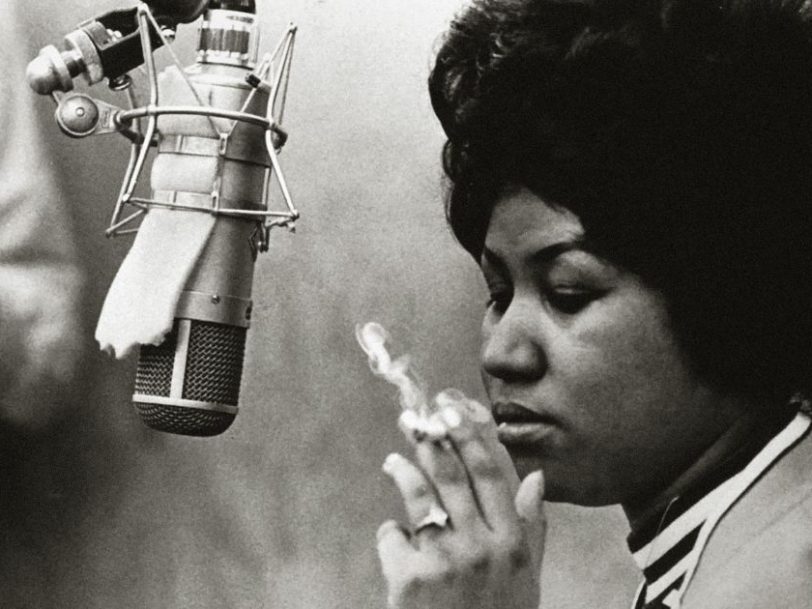The story of the song (You Make Me Feel Like) A Natural Woman, first released by Aretha Franklin in September 1967, is one of duality. There are the two women that birthed its initial success. There are the two men whose ideas were foundation stones. But, most strikingly, there is the dual impetus of the pressing need for a hit, and the song’s grounding in African-American folklore. It is a brilliant example of how depth and immediacy can come together to create something truly unique.
Listen to the best of Aretha Franklin here.
Jerry Wexler, one of the two men in the song’s story, was the co-owner of Atlantic Records, and a producer with an impressive track record. It was Wexler who had brought Aretha Franklin to Atlantic late in 1966, manning the boards for her epochal first album for the label, I Never Loved A Man The Way I Love You. Since then, Atlantic had acted as a showcase for Franklin’s powerhouse voice, a base to develop her nascent production talent, and a space to explore her political consciousness. Franklin felt happy and settled at the label, where her own ideas were taken seriously, and where Wexler, in particular, would also come up with several ideas that suited her.
A conversion from innocence to experience
Wexler was driving around New York City when he saw Carole King. King and her then husband, Gerry Goffin, were the embodiment of Brill Building songwriters. Their songs, such as Up On The Roof, Will You Love Me Tomorrow and The Loco-Motion, had been enormously successful in the early part of the 60s, capturing a sense of teenage hedonism and drama. But as the decade wore on, the King-Goffin marriage was fraying, and their songs reflected this new poignant mood – among them Goin’ Back, which had been recorded by Dusty Springfield and charted the couple’s painful conversion from innocence to experience.
Wexler knew that King and Goffin were consummate pros (whatever the vicissitudes of their personal life), so he wound his car window down and caught King’s attention. He shouted that he needed a new song for Aretha, and that he wanted this to be a “natural woman” song. What Wexler meant by “natural woman” was tied up in his own interest in Black history, and the idea of the “natural man”.




